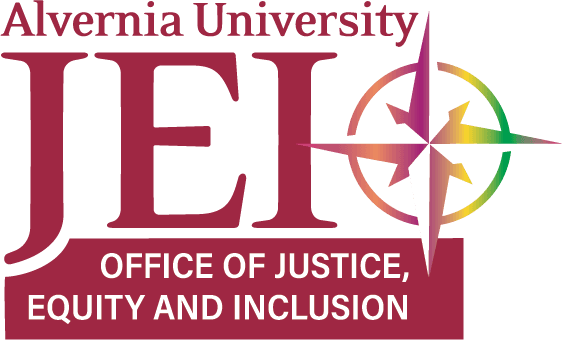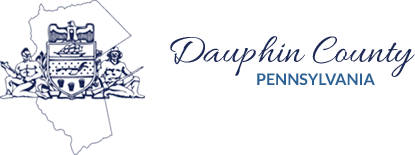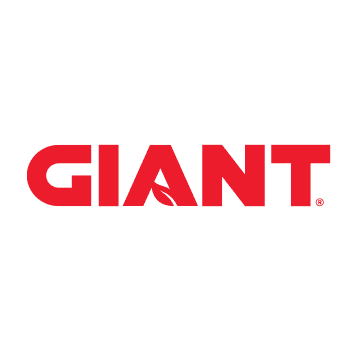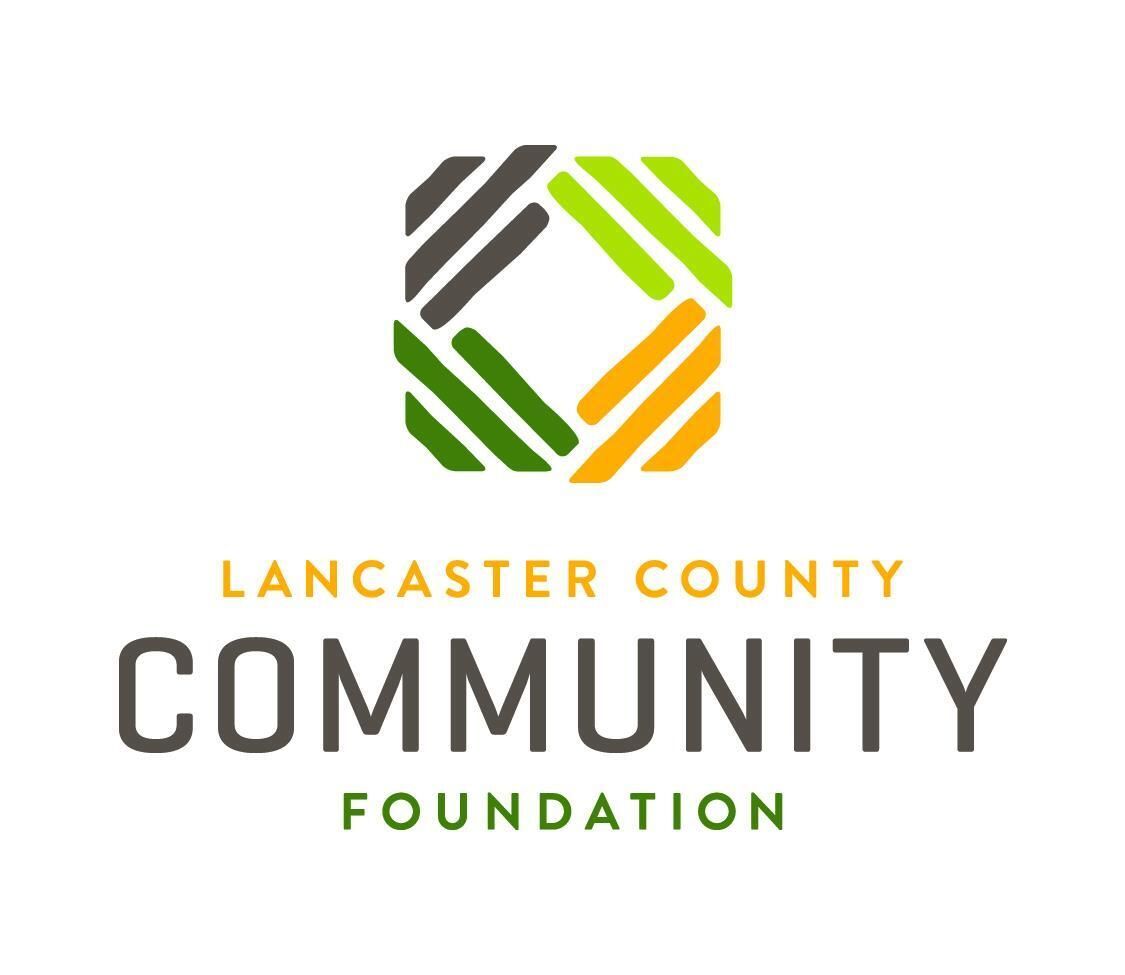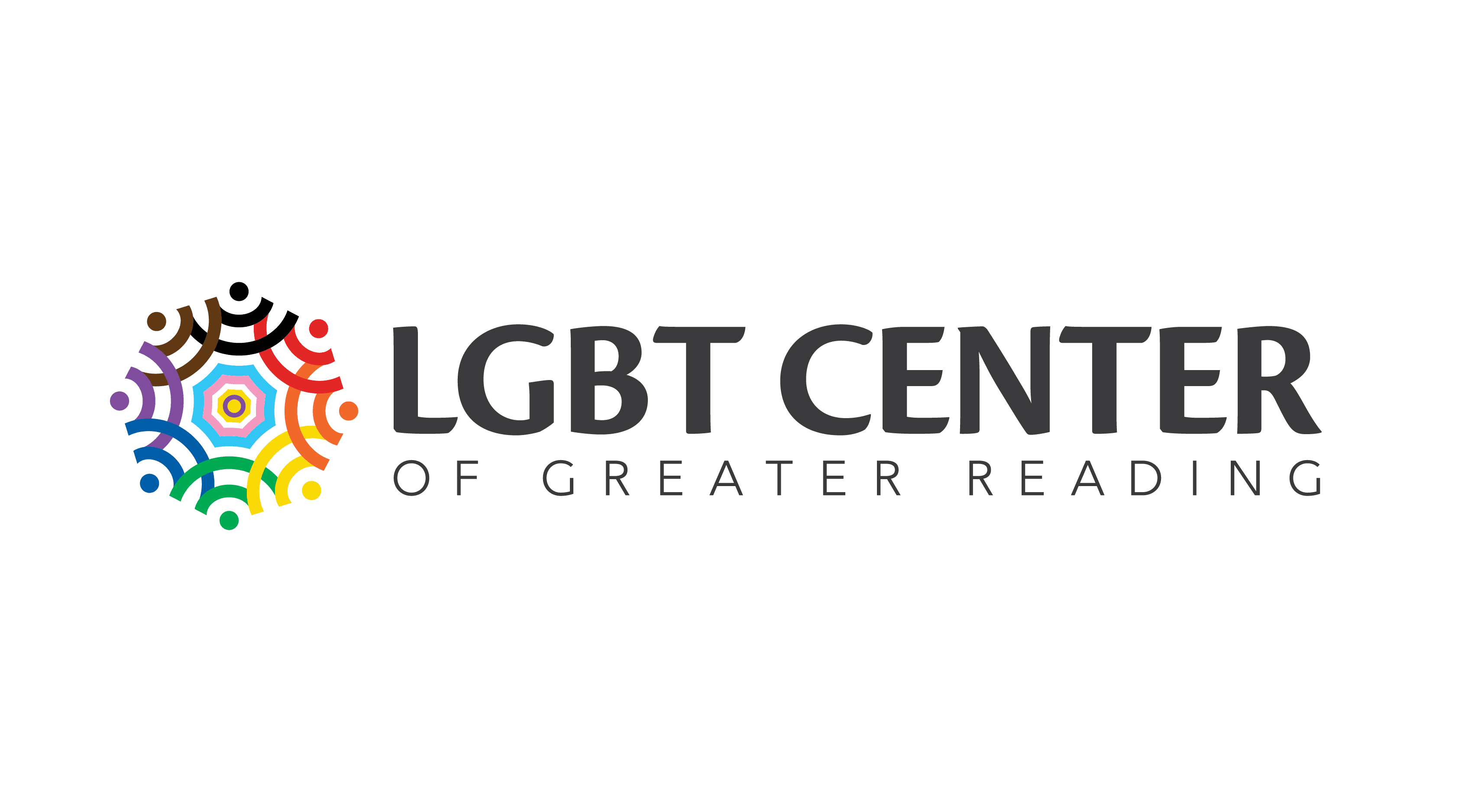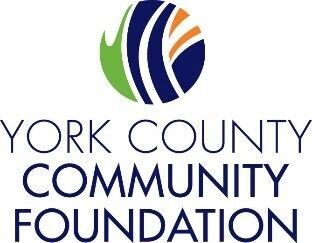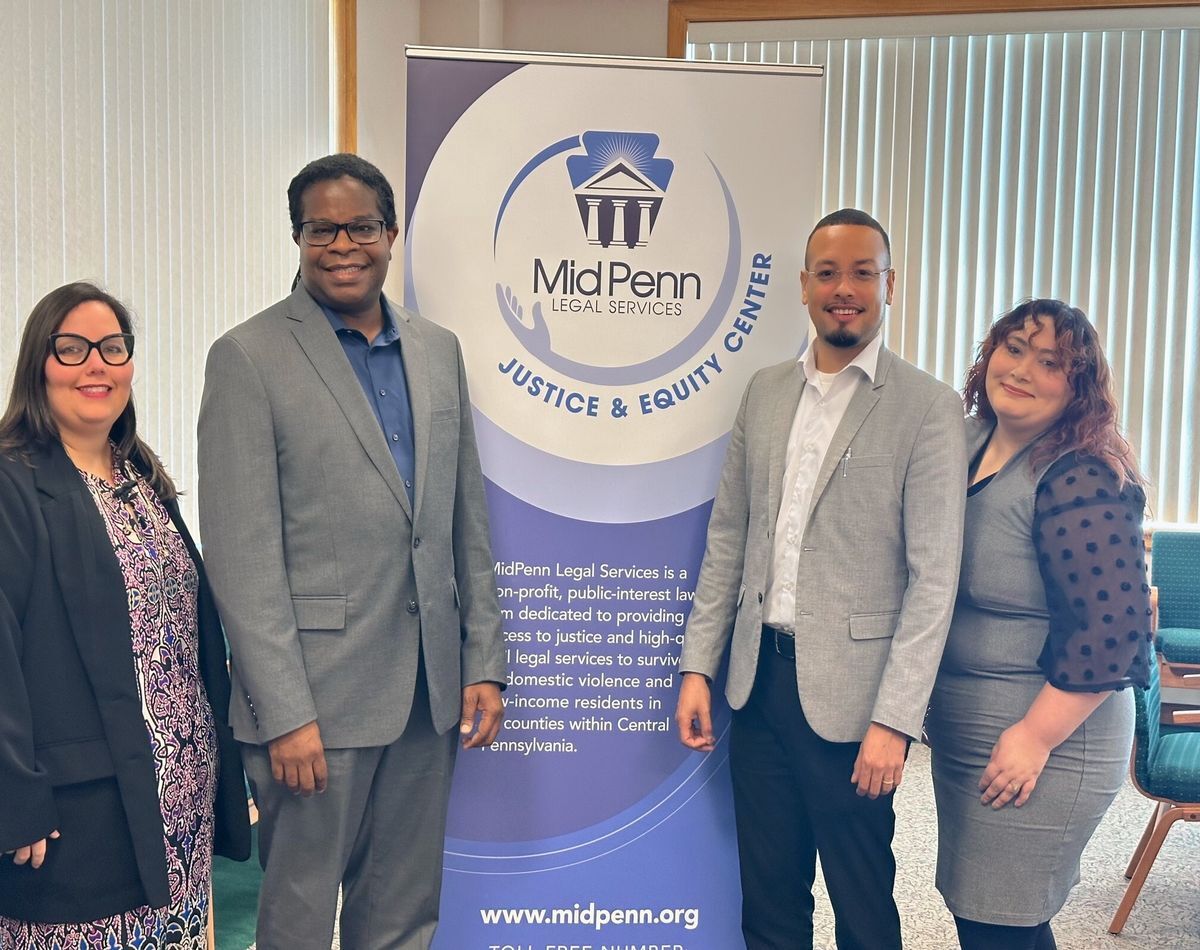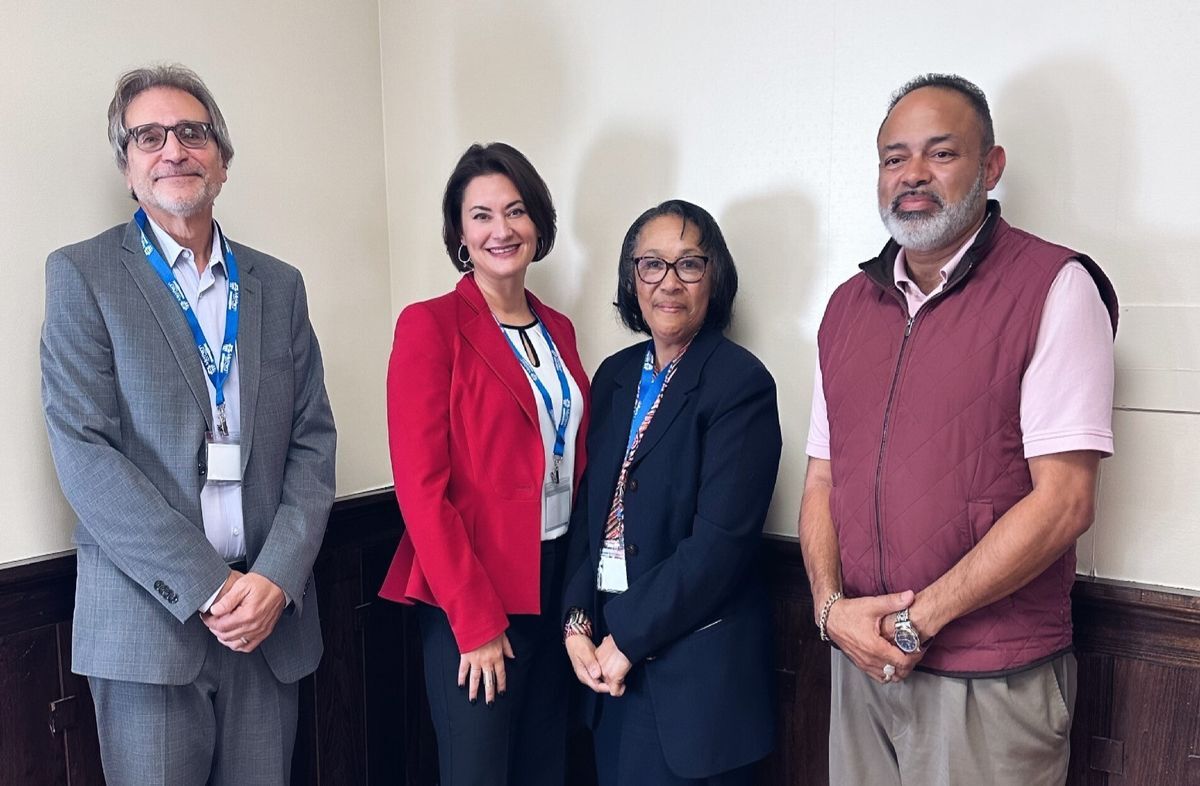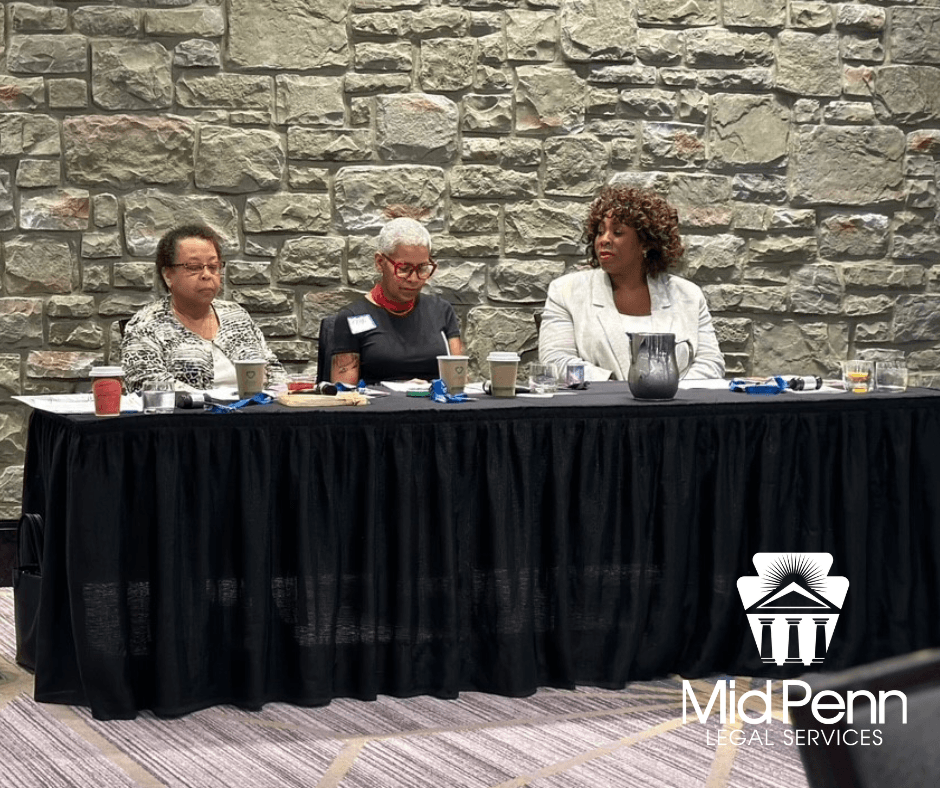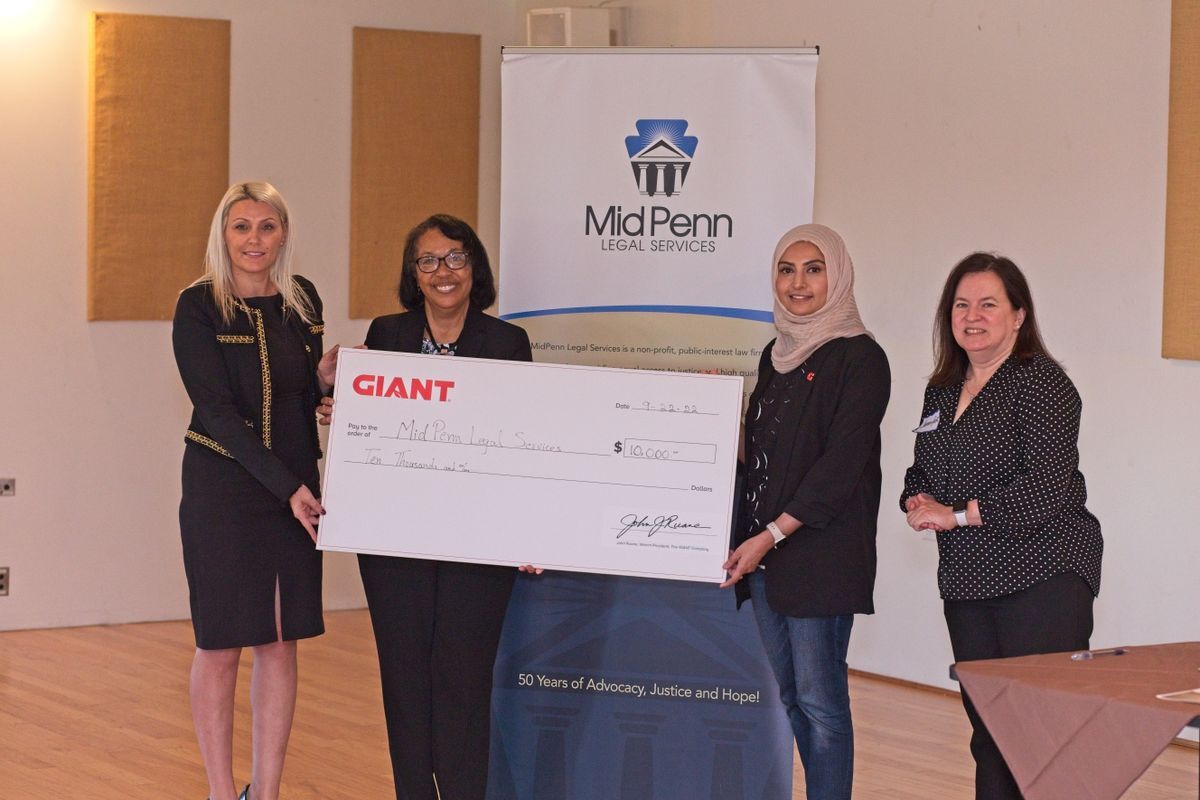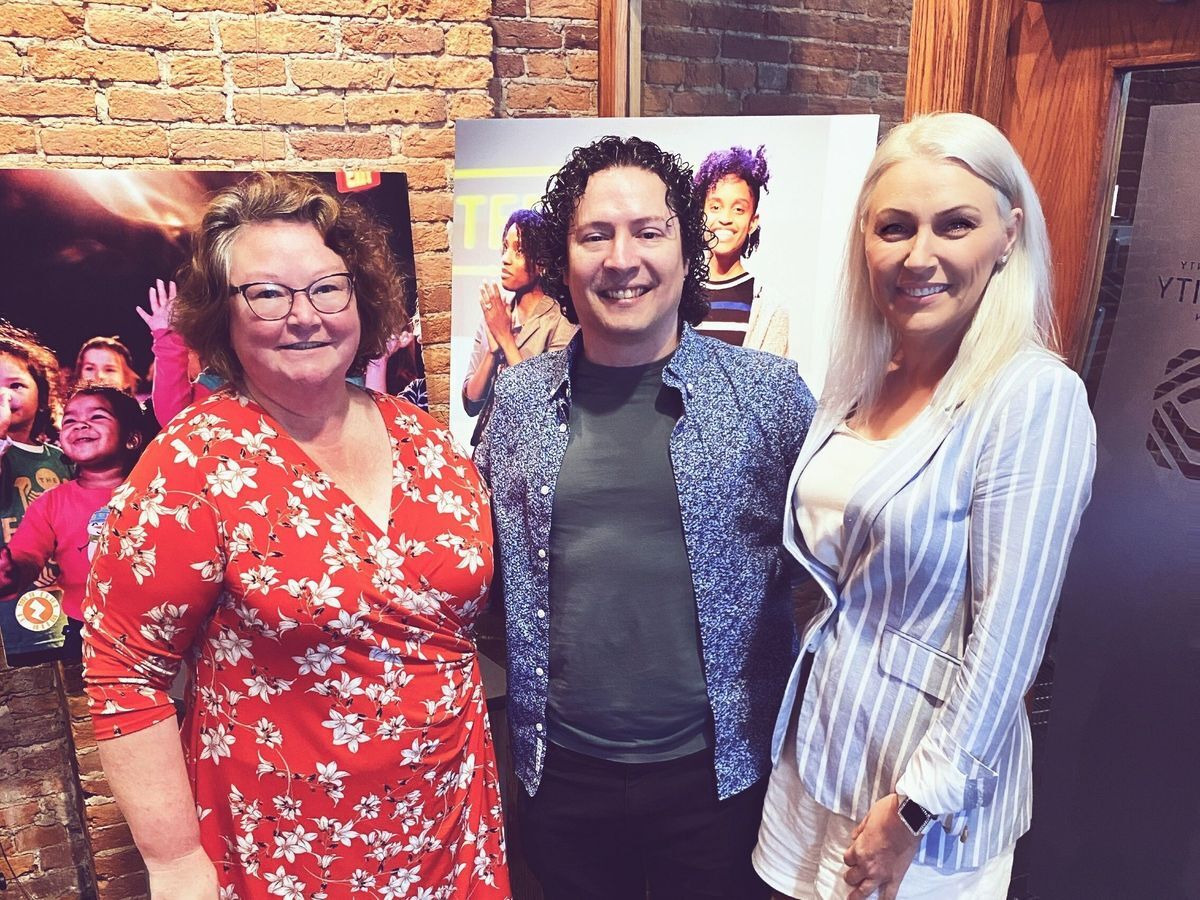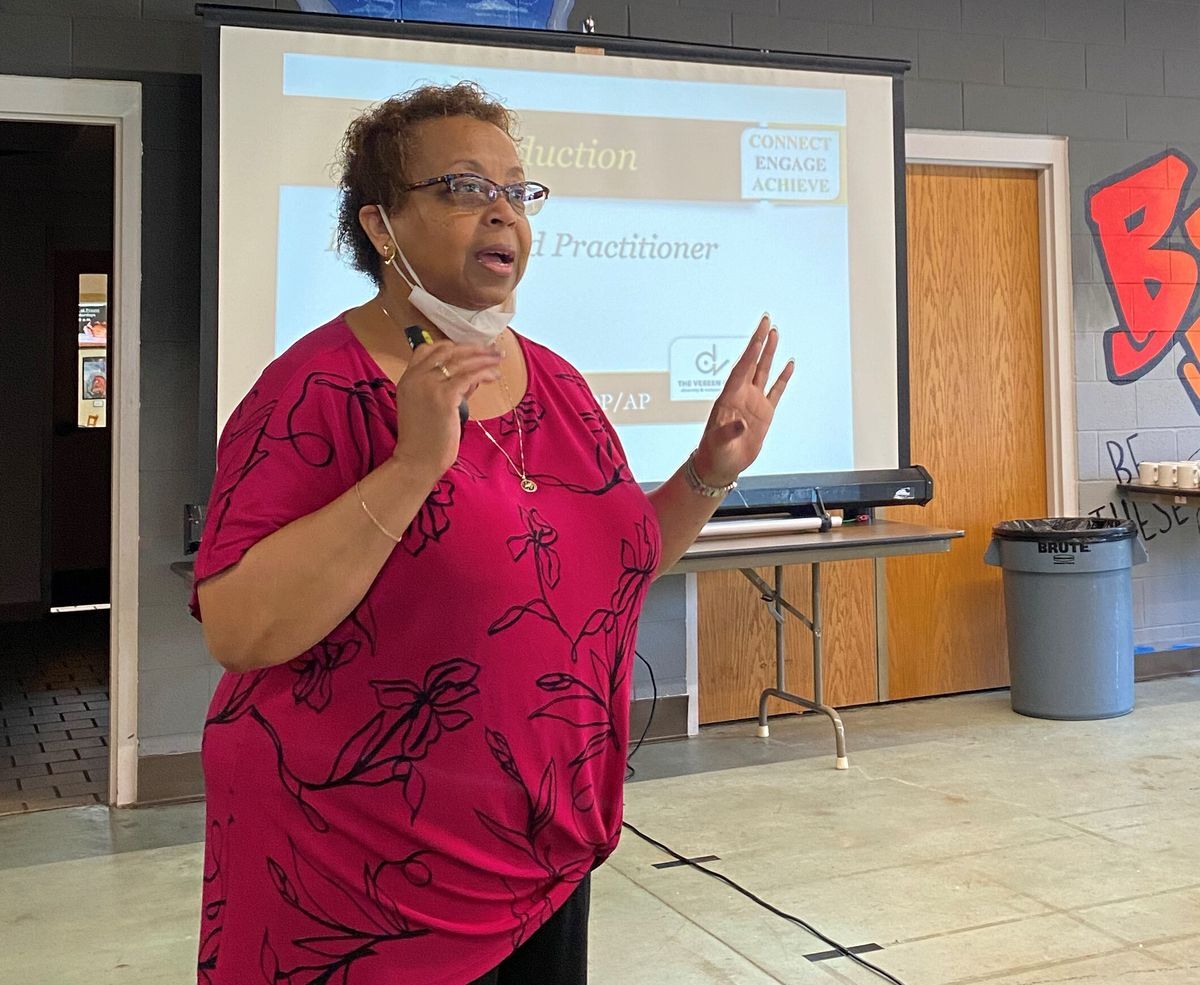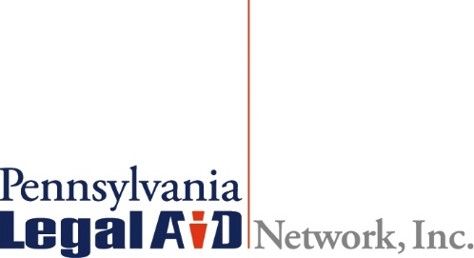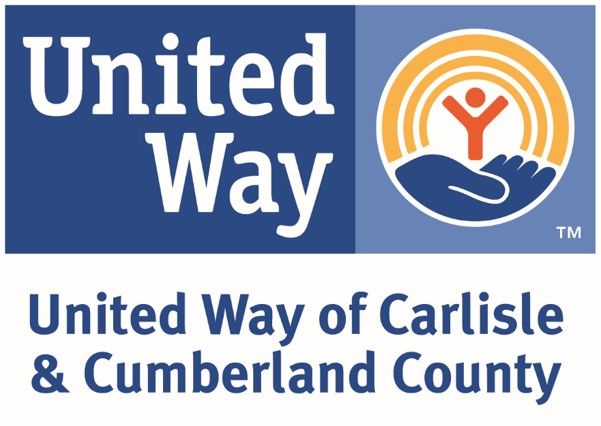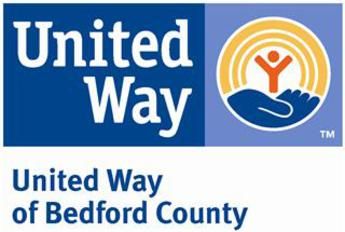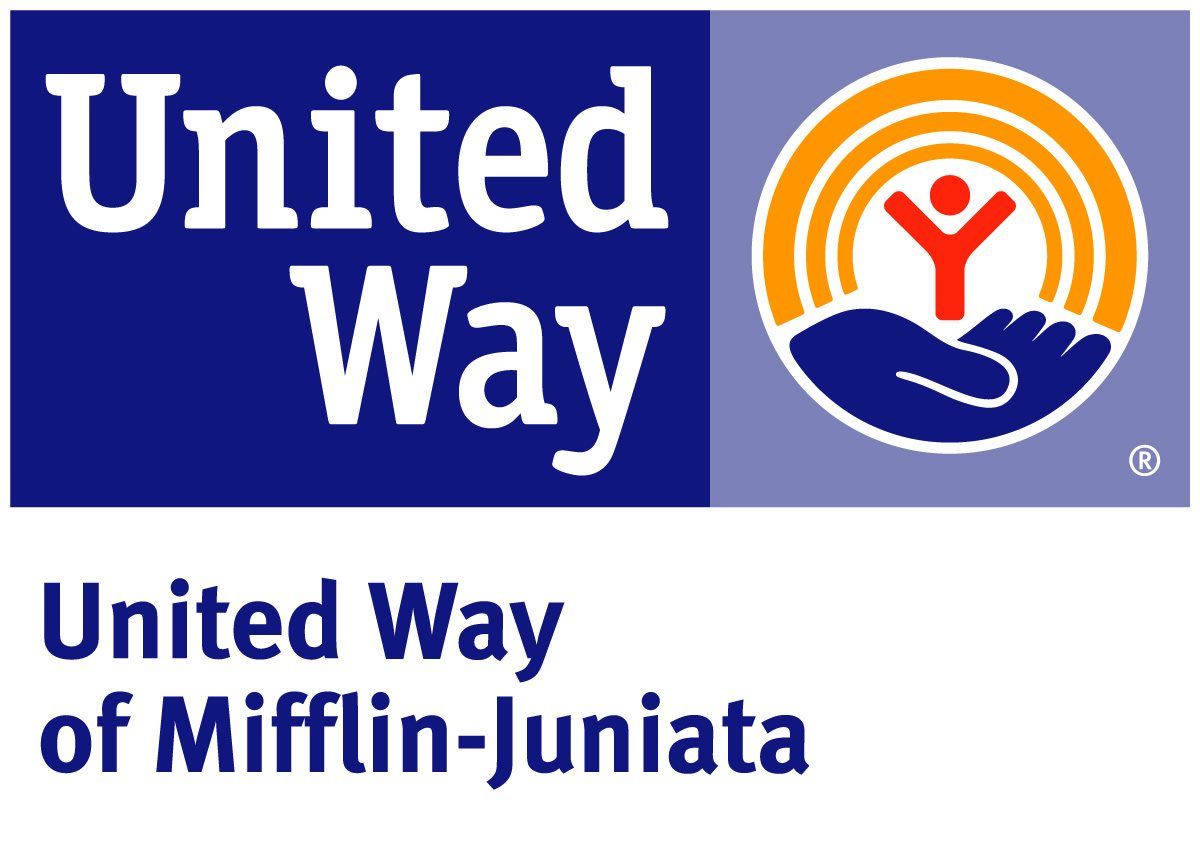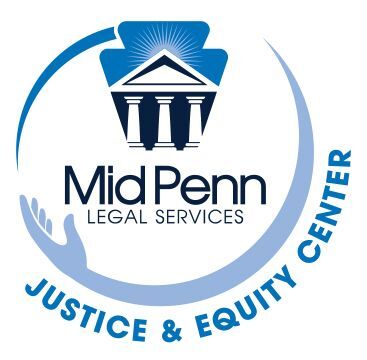
Justice & Equity Center
Diversity, Equity and Inclusion are core values of MidPenn Legal Services (MidPenn) and fundamental to our work. Our goal is to ensure that MidPenn is:
- an accepting, responsive, safe and fair workplace with a diverse staff at every level;
- an organization that embraces equity and challenges structures of oppression and other forms of bias, internally and externally, and in partnership with clients, low-income communities, and other allies;
- an inclusive environment in which all employees are able to perform at our best; feel valued, respected, and motivated; contribute views and ideas for improvement; have professional development, leadership and learning opportunities; and challenge each other to continually build this environment and culture.
Events
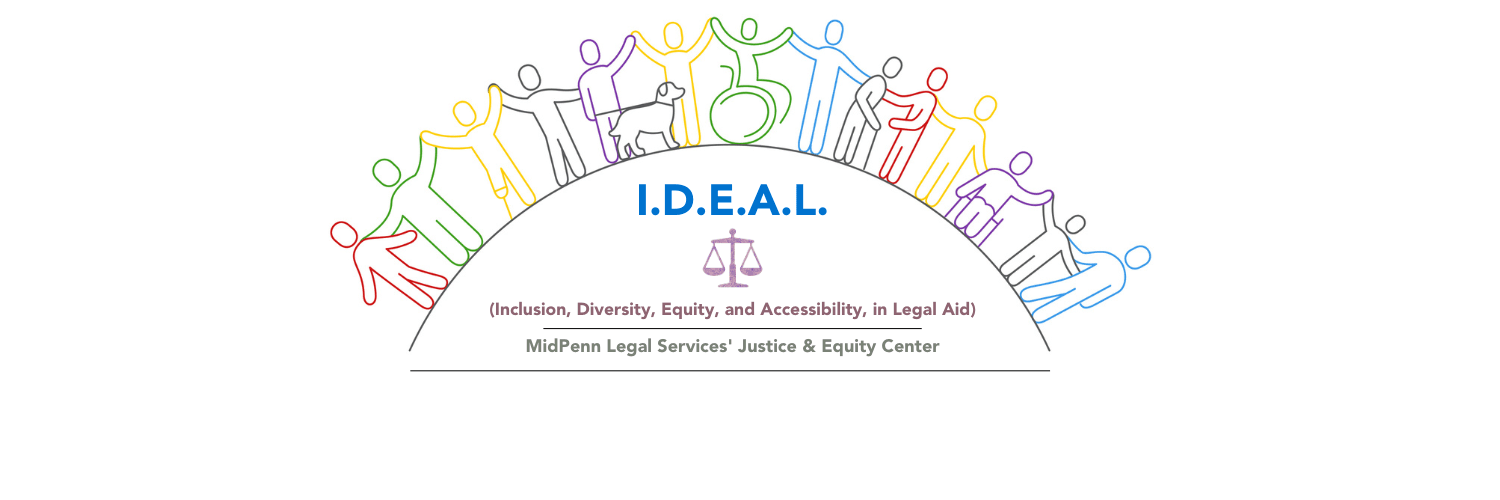
The I.D.E.A.L. (Inclusion, Diversity, Equity, Accessibility in Legal Aid) breakfast event is an important step towards initiating conversations about diversity equity and inclusion (DEI) issues from a civil legal aid perspective. This event offers attendees an opportunity to gain a better understanding of the complexities of DEI issues and become more effect advocates in their communities. MidPenn's Justice & Equity Center offers this event at no cost to the attendees. If you are interest in hosting or sponsoring this event in your area contact MidPenn's Director of DEIB, Yinet Perez Vega, Esq. at yperezvega@midpenn.org for more information.
Language Justice
DEI Community Allies
As legal advocates representing marginalized populations, it is our duty to stand up against inequity, injustice, and racial disparity. Through our work, we must continue to work to dismantle systems that discriminate against marginalized populations. With your support, we will continue to be social agents of change in promoting justice and equality, both through our legal work and community interactions across our organization. To donate to MidPenn's Justice & Equity Center click here.
DEI Learning Links
Join MidPenn Legal Services' staff as we continue on our journey by exploring these learning links.
-
October 16, 2024 - "An essential conversational skill is knowing the difference between calling forward and calling out. Standing in the future, we can look back and see that one of the things we had to collectively affirm is that we are done with calling people out. Calling out leads to cancel culture; cancel culture is ineffective and divides us further. Today we have to commit to graduating beyond that perspective to move in the direction of our vision, so we can stop fighting against racism and finally end racism. This article will help you learn how to have big conversations when you see or experience someone acting from a state that is causing harm."
-
June 19, 2024 - Juneteenth (short for “June Nineteenth”) marks the day when federal troops arrived in Galveston, Texas in 1865 to take control of the state and ensure that all enslaved people be freed. The troops’ arrival came a full two and a half years after the signing of the Emancipation Proclamation. Juneteenth honors the end to slavery in the United States and is considered the longest-running African American holiday. On June 17, 2021, it officially became a federal holiday.
-
September 6, 2023 - Saturday, October 7 is Ageism Awareness Day 2023
This day provides an opportunity to draw attention to the existence and impact of ageism in our society.
-
August 21, 2023 - "After the bombing of Pearl Harbor on December 7, 1941, President Franklin Roosevelt cited military necessity as the basis for incarcerating over 120,000 Japanese Americans during World War II. Decades later, a congressional commission found that justification to be false. Click through for a series of short videos and essays about the true reasons for this unprecedented denial of civil liberties and why it still matters today." - Click the link for a collection of short videos, and brief reading on WWII, from Denshō at densho.org
-
August 21, 2023 -6 Charts That Dismantle The Trope Of Asian Americans As A Model Minority by Connie Hanzhang Jin, May 25, 2021
-
August 23, 2023 - “Asian Americans and the Making of ‘American’: Ensuring Asian Americans’ access to political participation is critical to the future of democracy” by Clara Fong, Jasleen Singh, and Cherie Vu, May 16, 2023. This reading is a succinct piece about the fight for birthright citizenship, data disaggregation and the model minority myth, and language access for voters of the Asian American and Native Hawaiian/Pacific Islander (AANHPI) community.
-
August 21, 2023 - - “Inventing the “Model Minority”: A Critical Timeline and Reading List: A Timeline of the Model Minority Myth” by Denshō and TED-Ed video lesson on the model minority myth, December 15, 2021
-
July 31, 2023 - This week’s DEI Learning Link is about Diversity and the Spectrum of Diversity. The guide contains exercises helpful to open a conversation about diversity, that we can extrapolate as appropriate.
-
July 24, 2023 - “It’s an assertion of power and control,” says David Leonard , a professor of comparative ethnic studies and American studies at Washington State University. “It allows a society to routinely and historically imagine African Americans as not fully human. It serves to rationalize violence and Jim Crow segregation.”
-
July 17, 2023 - "Learning language and terminology can be a challenge. Words have meaning and are connected to larger social, cultural, and political histories. We often find ourselves in many conversations where people are at different stages of understanding the social systems and power structures around us. In these conversations, a fear emerges within many of us: Am I saying the “wrong” thing? What does this term really mean? Is this term being misinterpreted in this context? These kinds of questions and fears get in the way of having deep and engaged conversations about identity, equity, and inclusion."
-
July 10, 2023 - "Language is dynamic and nuanced, changing at a rapid pace at along with social norms, perceptions, and opportunities for inclusion. The following, written by Labib Rahman and reviewed and approved by the Stanford Disability Initiative, is a starter guide (non-exhaustive, non-definitive) for considering disability equity (and practicing deference to individual experiences) in the words we use as an institutional community." Published July 2019.
-
June 26, 2023 - An insightful article from the Community Action Association of Pennsylvania on pronouns. "Just like using a person's name can show respect for them, using their correct personal pronouns is a method to show respect and foster an inclusive environment."
-
May 22, 2023 - THE OPPORTUNITY AGENDA IS A PROJECT OF TIDES CENTER - "As we strive to improve conversations about race, racism and racial justice in this country, the environment in which we’re speaking seems to be constantly shifting. Yet, these conversations are more important than ever. We’ve put together some advice on finding entry points based on research, experience, and the input of partners from around the country. This is by no means a complete list, but it is a starting point for moving these discussions forward."
-
May 8, 2023 - This week’s resource on Diversity, Equity, and Inclusion as MidPenn’s ongoing learning efforts is on Anti-Racism Resources for the AAPI Community.
-
May 1, 2023 - Here are some helpful resources: Gender Identity & Expression (verywellmind.com), LGBTQ Resource List | GLAAD (glaad.org/resourcelist), Glossary of Terms - Human Rights Campaign (hrc.org).
-
March 20, 2023 - Everyone will walk away from this talk knowing something about privilege! Often times the thing that separates us from other people is the way we are viewing ourselves. What if we could all come together by viewing ourselves in a different way? Mike tells us how to come together in power! Michael Yates has been working in education for the last seven years as a college readiness tutor, education programs coordinator and a teacher. Michael is a proud graduate of Texas State University with undergraduate degrees in Applied Sociology and Communication Studies. He is currently pursuing his graduate degree in Curriculum and Instruction from Western Governors University. He has coached basketball for the last eight years and is a licensed USA basketball coach. Outside of school Mr. Yates hosts speech and debate camps and public speaking workshops for adult professionals through his organization, Rising Star Speech. He is also a regular contributor for an online publication called We Are Teachers. Mr. Yates has a wife, Alexandria, and three children, Austin, Brooklyn, and London. This talk was given at a TEDx event using the TED conference format but independently organized by a local community.
-
March 13, 2023 - Poor health literacy has many negative consequences for achieving the quadruple aim of better care, improving the health of the community and the population, providing affordable care, and improving the work life of health care providers, and those consequences disproportionately affect those individuals with disabilities and those who experience health disparities. The National Academies of Sciences, Engineering, and Medicine, Washington, DC had conducted numerous workshops and studies on People Living with Disabilities in regards to health equity, health disparities and health literacy. Please see attached file.
-
March 6, 2023 - From passionate pleas for reform to poetic turns of phrase, these talks take an honest look at everyday realities of Black Americans and illuminate the way forward.
-
February 13, 2023 - Forbes.com
-
February 6, 2023 - In this short documentary, Latinos grapple with defining their ethnic and racial identities. While talking with Latino people we find out the understanding of their personal identity as well as what they deal with in their every day lives. The New York Times
-
January 30, 2023 - This resource provides principles and strategies to ensure the full and sustainable inclusion of people with intellectual disabilities in health policies and laws, programming, services, training programs, research, and funding streams.
-
January 23, 2023 - The Implicit Association Test (IAT) measures attitudes and beliefs that people may be unwilling or unable to report. The IAT may be especially interesting if it shows that you have an implicit attitude that you did not know about.
-
January 9, 2023 - How do generational workforce differences affect our ability to manage people effectively? And what are the traits, beliefs, and life experiences that mark each generation, influencing how they work, communicate, and respond to change?
-
December 19, 2022 - Let’s widen the screen, so we can widen our view of the joy, beauty, and vastness of Black life. See what happens when we're shown the full picture of Black life.
-
December 12, 2022 - Understanding what it is like to be transgender can be hard, especially if you have never met a transgender person.
-
December 5, 2022 - University Chancellor, Susan E. Borrego, reflects on her life as an emancipated minor and dissects the emotionally charged conversation surrounding race relations in the United States. This raconteur uses her powerful first-person account of "White Privilege" and "Black Lives Matter" to underscore the responsibility each one of us has to bring about change.
-
November 28, 2022 - Luvvie Ajayi Jones isn't afraid to speak her mind or to be the one dissenting voice in a crowd, and neither should you. "Your silence serves no one," says the writer, activist and self-proclaimed professional troublemaker. In this bright, uplifting talk, Ajayi Jones shares three questions to ask yourself if you're teetering on the edge of speaking up or quieting down -- and encourages all of us to get a little more comfortable with being uncomfortable.
-
November 21, 2022 - The subject of race can be very touchy. As finance executive Mellody Hobson says, it's a \"conversational third rail.\" But, she says, that's exactly why we need to start talking about it. In this engaging, persuasive talk, Hobson makes the case that speaking openly about race — and particularly about diversity in hiring — makes for better businesses and a better society.
Resources in The Community
-
"The National Equity Atlas was invited into the Lancaster County community in the summer of 2021 to support a collaborative process of asking questions, finding data, and determining ways to create an impact to improve racial equity.
As a research partnership between PolicyLink and the USC Equity Research Institute, the National Equity Atlas has completed dozens of equity profiles of cities, counties, and regions over the past 10 years and brings deep awareness and commitment to the data and the policy recommendations that can create change. This is the first county wide racial equity profile in Pennsylvania, and our hope is that it will serve as a benchmark to show us where we are as a county and where we can continue to improve."
Press Releases
-
MidPenn - International Service Center Training
Harrisburg, PA - May 3, 2023
Language justice is about building and sustaining multilingual spaces in our organizations and social movements so that everyone’s voice can be heard both as an individual and as a part of diversity of communities and cultures. Valuing language justice means recognizing the social and political dimensions of language access, while working to dismantle language barriers, and build strong communities for social and racial justice.Therefore, the Center for Justice and Equity within MidPenn Legal Services is joining forces with the International Service Center in a unique language justice training in May. MidPenn staff will be training foreign language interpreters in various civil legal topics. The trainings will take place at the International Service Center’s building every Tuesday and Thursday starting at 9:00 a.m.
“As a provider of civil legal services, we are excited to collaborate with the International Service Center on this important initiative which will help us to fulfill our mission of promoting access to justice for all, regardless of one’s ability to speak English” commented Rhodia Thomas, Esq., Executive Director for MidPenn Legal Services. “As a service provider for the disadvantaged and underprivileged refugees and immigrants of the world, we are grateful to MidPenn Legal Services for offering this legal interpretation training to enhance our Interpreters’ skill in serving the Limited English Proficient clients” commented Dr. Truong N. Phuong, Executive Director for International Service Center.”
MidPenn is a nonprofit law firm that provides free legal representation, advice and education in civil cases to low-income residents and survivors of domestic violence and sexual assault in the following 18 counties in Central PA: Adams, Bedford, Berks, Blair, Centre, Clearfield, Cumberland, Dauphin, Franklin, Fulton, Huntington, Juniata, Lancaster, Lebanon, Mifflin, Perry, Schuylkill and York.
For additional information, please contact Eliz Nestorov, at 717-234-0492, ext. 2215.



